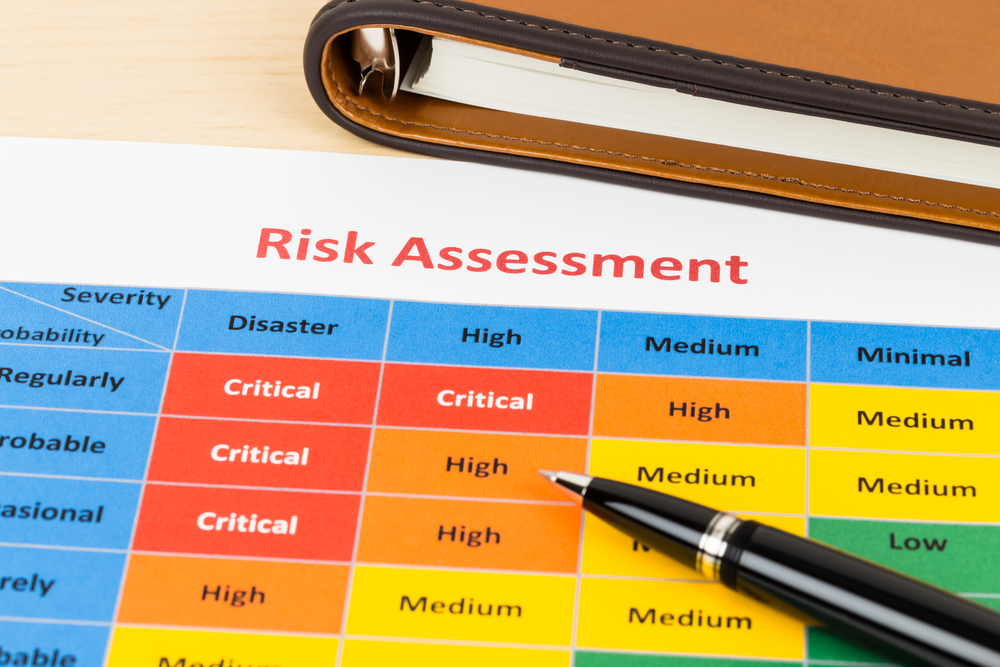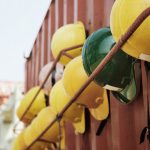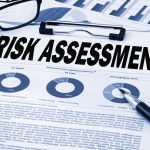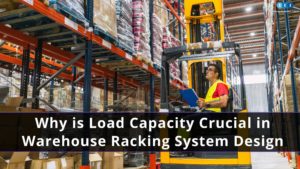
What is the point of doing a risk assessment? Do you actually need to do one? Our blog post explores this topic and explains what it’s all about.
The term risk assessment describes the process of carrying out checks to identify potential hazards and other risk factors that may result in harm. The purpose of a risk assessment is to evaluate these hazards and make appropriate arrangements to either negate or control potential injury or other consequences.
Risk assessments are commonly carried out in the workplace. At Storage Equipment Experts, we work with warehouses to secure racking and storage equipment and help put measures in place to satisfy the results of a risk assessment. Workplaces like warehouses aren’t the only places that should consider risk assessments, though. Events, public spaces, entertainment venues and schools are all good candidates for risk assessment processes.
Why Do a Risk Assessment
Why do a risk assessment? Are they actually necessary?
Many people are aware of the often-dubbed ‘overprotective’ nanny state created by the policies of health and safety. As a result, it can be tempting just to ignore such methods of monitoring potential dangers, including risk assessments. In fact, the temptation is more real than you might think, with 65% of UK businesses regularly flouting the rules and guidance put in place by HSE (The Health and Safety Executive).
What could go wrong?
The process of conducting a risk assessment may seem unnecessary at times, especially at small workplaces or for low-key public events, but carrying out an evaluation of potential dangers is always a good idea.
Risk assessments allow you to:
- Build Awareness of Hazards — If you don’t conduct a risk assessment, it can be difficult to know exactly what could go wrong. Yes, risks may be minimal, but no aspect of life is without risk. A quick read of the workplace deaths recorded by HSE is enough to prove that point. Without performing a risk assessment, you face a lack of preparedness to deal with the issues that cause such fatalities. Imagine there was an issue and somebody was injured — without a risk assessment, you’re risking not having the knowledge or resources to deal with the problem.
- Identify Who is At Risk: Certain people may be more at risk than others, such as employees in specific roles, performers at a venue or visitors located in a specific area at an event. You don’t want to place a group of people at unnecessary risk, which is why analysing any potential problems — and having plans in place should they happen — is crucial.
With this information to hand, you are then capable of determining whether or not protection is needed. You may conduct a risk assessment and discover all is as it should be and that there are appropriate protective measures in place. However, if you carry out a risk assessment and find there aren’t, you can now take the steps you need to secure your building, warehouse, event or venue.
By carrying out assessments you’ll:
- Improve the likelihood of preventing injuries, illness or death as a result of attendance to your event, workplace or venue;
- Meet moral and ethical conventions by ensuring you are not putting people at unnecessary risk. Failing to meet these conventions can irreparably damage your reputation;
- Meet legal requirements relating to both health and safety and duty of care.
At The End of the Day, It’s About Liability
Moral and ethical implications aside, performing a risk assessment is all about negating liability if a problem was to occur. In the event of disaster, for example, should somebody become injured at your event or place of work, you need to cover yourself against legal action.
Being found liable for health and safety breaches can result in severe consequences. Entities, such as businesses, found guilty of breaking health and safety laws — without having carried out an appropriate risk assessment — face fines in the region of tens of thousands.
What’s more, the individual responsible for managing adherence to health and safety laws, be it an HR rep, event planner or business owner, faces personal liability as well. This can include additional fines and even jail time.
So why do a risk assessment?
Risk assessments allow you to identify potential health and safety problems and take appropriate precautions. In doing so, you create a safer environment that drastically reduces the chance of something bad happening. If the worst were to occur, you have a certain level of protection as you followed the expected processes — providing you did so to a satisfactory standard.
Why do a risk assessment? Because it is a crucial step in ensuring your workplace or venue is safe. At Storage Equipment Experts, we are specialists in racking safety. If you operate a warehouse, contact us today to find out how we can ensure your premises meets health and safety standards, reducing the risk of injury on your property and providing you with essential protection in the case of a problem.





